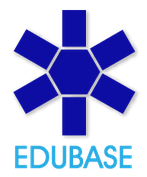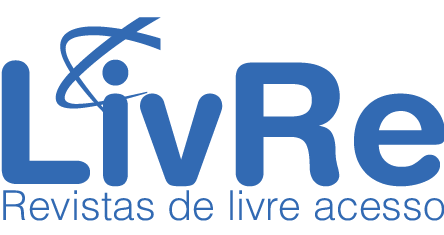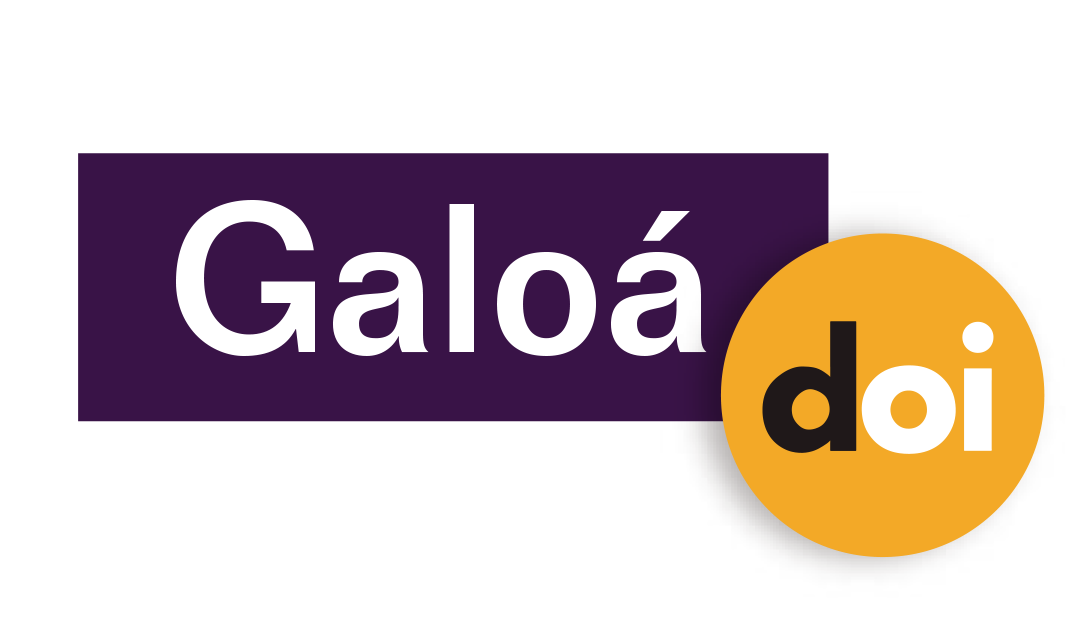Teaching Knowledge and Self-Concept: A Case Study Involving a Chemistry Teacher
Resumo
Background: It is considered that, in order to teach, the teacher must have a base knowledge inherent to teaching and that the self-concept can influence the construction of this knowledge. Objectives: To analyse the correlation between teacher knowledge and self-concept. Design: This investigation began with a study on self-concept and teaching knowledge so it would be possible to build the theoretical framework that would support the collection and analysis of data. Setting and Participants: the participant of this research was a teacher who had been teaching chemistry for over 22 years in southern Brazil. Data collection and analysis: The body of data that constitutes this research permeates the analysis of semi-structured interviews, observations in pre-service teachers’ diaries and teaching materials (such as biweekly plans, appraisals, among others). The analysis categories were the teaching knowledge model called the Hybrid Model and the self-concept categories: affective, cognitive and behavioural. Results: The components of teacher knowledge that most emerged were General Pedagogical Knowledge, Content Knowledge and Knowledge of Instructional Strategies for Science Teaching, while the most emerging self-concept categories were Behavioural and Cognitive. The categories that most occurred were General Pedagogical Knowledge with Behavioural Self-Concept. Thus, it is understood that the way that this teacher interacts with his school space strongly influences the way he constructs his teaching practice. Conclusions: It is inferred that this connections can influence the construction of teaching knowledge of experienced and novice teachers. A better understanding of this process can help in understanding the teaching profession and, consequently, in predicting the efficiency and satisfaction of teaching practice, as well as pointing out possible ways to train chemistry teachers.
Palavras-chave
teaching knowledge, self-concept, chemistry teaching
DOI: https://doi.org/10.17648/acta.scientiae.6627
Apontamentos
- Não há apontamentos.
Direitos autorais 2022 Igor Vinicius França, Keysy Solange Costa Nogueira

Esta obra está licenciada sob uma licença Creative Commons Atribuição 4.0 Internacional.
ANÚNCIOS
Informamos que, a partir de outubro de 2024, a revista Acta Scientia volta a aceitar submissões de artigos para publicação.
Mais, informamos que sites fraudulentos, https://periodicos-ulbrabr.org e https://periodicos-ulbrabra.org, estiveram se passando pela Acta Scientiae, utilizando nosso nome e identidade visual e até solicitado taxas de APC, que nós não cobramos. Aconselhamos cautela para evitar serem enganados por sites semelhantes.
Conceito A2 na Capes(2021)
Índice h5 do Google Scholar: 13
Índice mediana h5 do Google Scholar:24
eISSN: 2178-7727
Indexações:
A Acta Scientiae é indexada em: | Scopus |  | Latindex |  | Edubase (SBU/UNICAMP) |
 | Sumarios.org |  | Google Scholar |  | Portal LivRe (CNEM) |
 | Journals for Free |  | REDIB |  | Galoá DOI |

Todos os trabalhos publicados aqui estão sob uma licença Creative Commons - Atribuição 4.0 Internacional.
